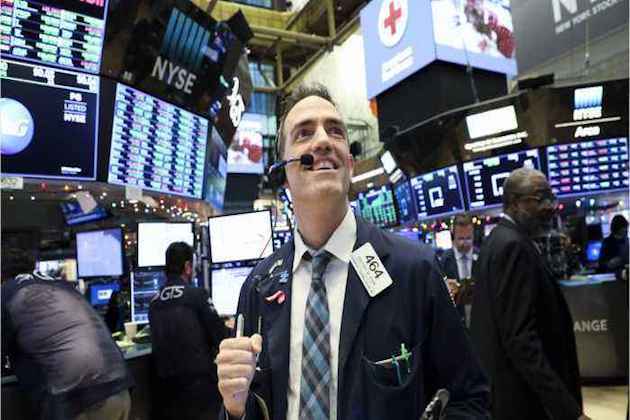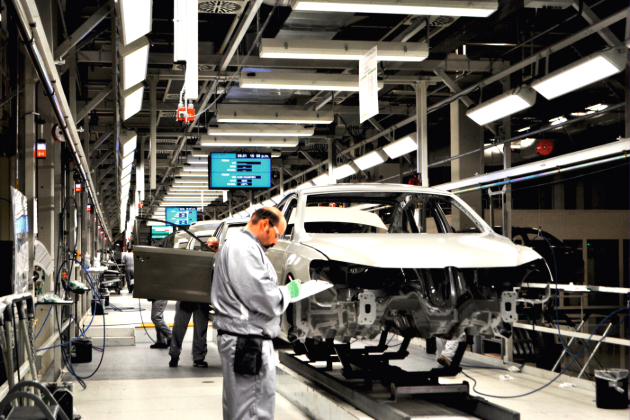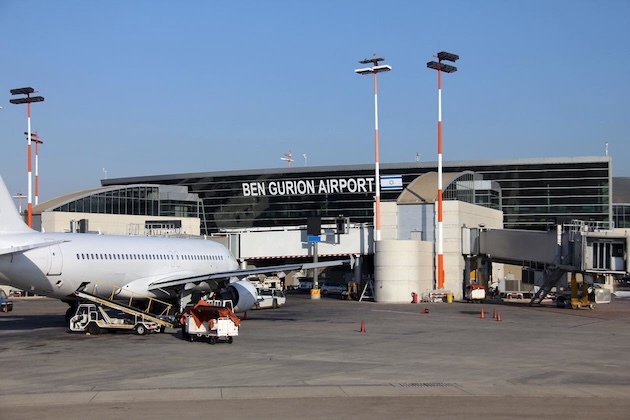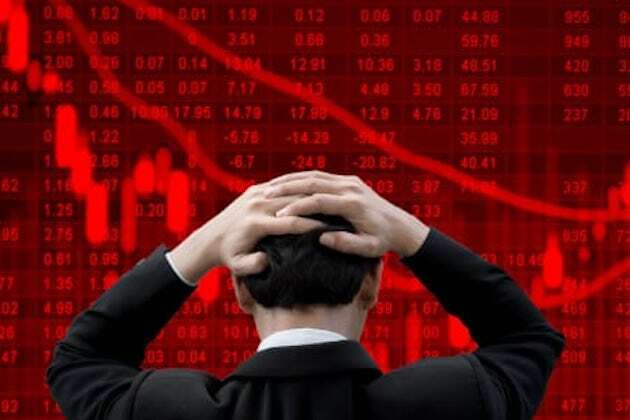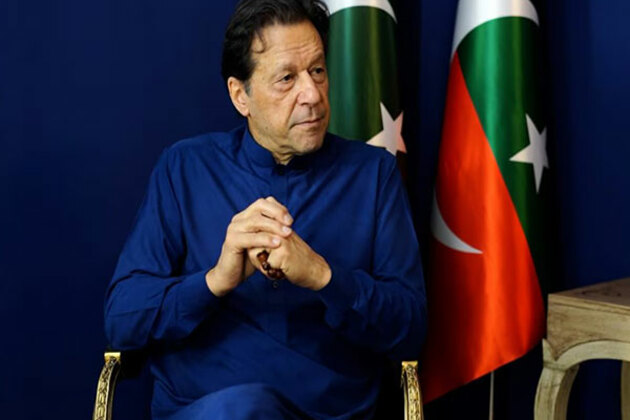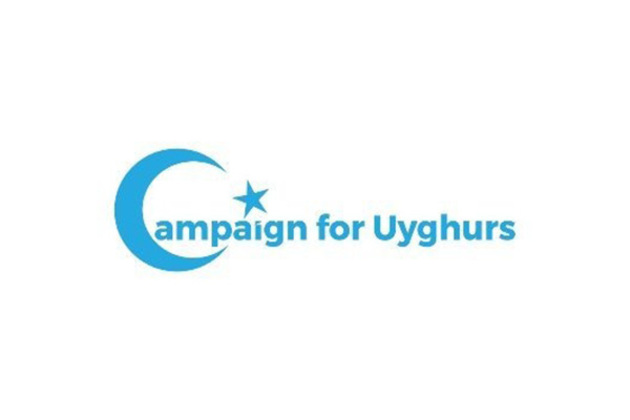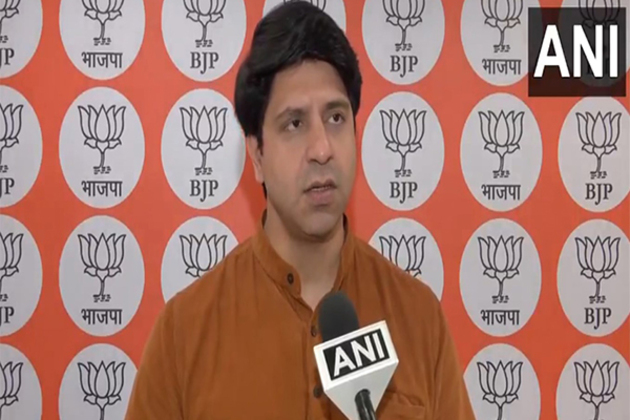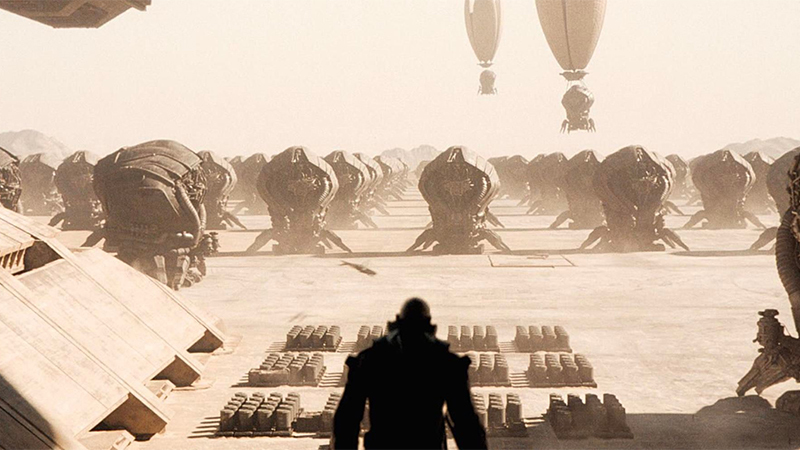Extreme heat reduces labor outputs by 25 per cent for outdoor workers in New Delhi today, Economic losses climb to 30 per cent by 2050
ANI PR Wire
22 Sep 2022, 13:00 GMT+10
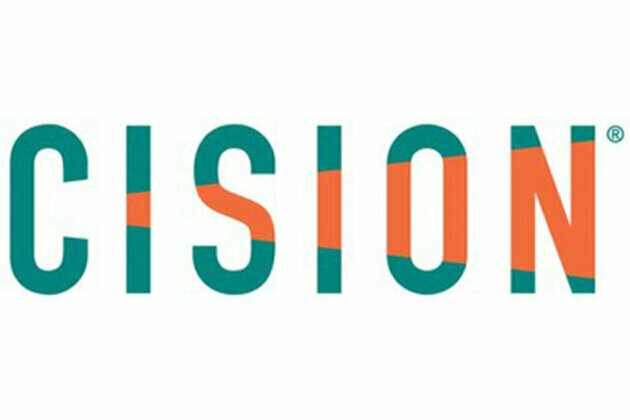
Washington [US], September 22 (ANI/PRNewswire): Today, the Adrienne Arsht-Rockefeller Foundation Resilience Center at the Atlantic Council released "Hot Cities, Chilled Economies: Impacts of Extreme Heat on Global Cities," a new report detailing the social and economic effects of climate-driven extreme heat through the prism of 12 cities, spanning six continents, covering an urban population of more than 123 million.
The study--undertaken in partnership with Vivid Economics--revealed that hot and humid conditions in New Delhi lead to average labor productivity losses of 20 percent for indoor or shaded workers, and 25 percent for those working under the heat of the sun. By 2050, without additional, dramatic adaption and emissions reductions, these impacts could increase to losses of 24 percent and 30 percent, respectively. This translates into economic losses of INR 28,800 crore in 2020, projected to increase to INR 45,100 crore by 2050. If the full economic impacts of heat were considered--for example, damage to infrastructure and machinery, increased healthcare costs, and the indirect impacts of reduced productivity on the broader economy--then the total losses could be substantially higher.
"Climate-driven heat is changing the way we live and work, yet current awareness of this silent and invisible threat is dangerously insufficient. Heat's disproportionate impact on cities compelled us to quantify and explore the economic and social ramifications of our burning planet," said Kathy Baughman McLeod, SVP and Director of the Adrienne Arsht-Rockefeller Foundation Resilience Center at the Atlantic Council. "Our hope is that these findings will raise awareness and spur further adaptation interventions, policies, and investment that cool cities and protect people."
Other key findings are as follows:
- In a typical year, mean temperatures (including overnight lows) exceed 33.4C for 36 days, and the hottest ten days average over 36.2C.
- Construction workers bear the brunt of the heat - despite producing just 9 per cent of New Delhi's output, they account for one-third of the city's losses, due to labor-intensive production and over 60 per cent of working hours spent outdoors.
- Impacts of heat on people in New Delhi are aggravated by air pollution, poverty and unreliable access to essential services.
- The effects of heat are unevenly distributed around New Delhi, with the highest temperatures experienced in the western sprawl of the city. In these built-up areas, temperatures can be as much as 8C hotter than rural surroundings, projected to rise to 9C by 2050 due to the 'Urban Heat Island' effect. Without careful planning, New Delhi's projected continued population growth of 20 per cent by 2050 may exacerbate the UHI problem.
New Delhi is actively adapting to heat through urban planning and behavioral changes. Efforts include:
- Planning/policy: To limit heat exposure, New Delhi and surrounding areas have changed working and schooling hours allowing them respite from the hottest hours of the day.
- Investment in the built environment and nature-based solutions: The draft Master Plan for Delhi to 2041 embeds heat resilience alongside other climate and development considerations, highlighting multiple-win options such as permeable paving to mitigate both flood and heat risks, shared district cooling to reduce energy use and expand cooling access, and green solutions that reduce both heat and pollution. To reduce urban heat islands, New Delhi is increasing the number of trees by more than 20 per cent and introducing bio-corridors to connect large green nodes and incorporate vegetation. Local leaders are also working with the national government to incorporate 'cool roofs' in buildings. Demand for AC and cooling has increased significantly and is expected to grow a further 40 per cent by 2040. While this can reduce heat exposure, it can also exacerbate heat's impact by placing the electrical grid under pressure and increasing pollution from power generation. The 2019 India Cooling Action Plan is conscious of these links and seeks to reduce energy demand from AC while mitigating the impacts of extreme heat. One of its key aims is to indicate sector-specific sustainable cooling technologies and provide government support to enable their expansion.
For this report, only a subset of the ways in which extreme heat can impact a city's economy and society were examined and appraises impacts in 'normal' vs. unusually warm years, meaning it provides a conservative view of the social and economic costs of heat. It does not look at impacts or costs to infrastructure, health care systems, reduced learning and education, or the loss resulting from business interruption.
The full report and methodology can be found here.
The Adrienne-Arsht Rockefeller Foundation Resilience Center builds individual and community resilience in the face of climate impacts. We pledge to reach one billion people around the world with resilience solutions to climate change by 2030.
This story has been provided by PRNewswire. ANI will not be responsible in any way for the content in this article. (ANI/PRNewswire)
 Share
Share
 Tweet
Tweet
 Share
Share
 Flip
Flip
 Email
Email
Watch latest videos
Subscribe and Follow
Get a daily dose of Nepal National news through our daily email, its complimentary and keeps you fully up to date with world and business news as well.
News RELEASES
Publish news of your business, community or sports group, personnel appointments, major event and more by submitting a news release to Nepal National.
More InformationBusiness
SectionSouthwest ends free checked bags, introduces new fees
DALLAS, Texas: Southwest Airlines will start charging passengers for checked bags, ending a long-standing policy that set it apart...
U.S. stocks rally hard despite drop in consumer sentiment
NEW YORK, New York - U.S. stocks rallied hard on Friday, boosted by strong rises around the world. Investors shrugged off a decline...
Maserati cancels electric MC20 plans over low demand
MILAN, Italy: Maserati has scrapped plans for an electric version of its MC20 sports car, citing low expected demand for the high-performance...
Volkswagen to slash 1,600 jobs at Cariad by year-end
BERLIN, Germany: Volkswagen is set to cut 1,600 jobs at its Cariad software division by the end of the year, affecting nearly 30 percent...
Travel to and from Israel to be boosted by terminal reopening
The principal terminal, Terminal 1, at Israel's largest airport will reopen at the end of this month, having largely been closed since...
Tech stocks lead renewed selling on Wall Street
NEW YORK, New York - The knee-jerk introduction of trade tariffs by President Donald Trump continues to rattle markets with all the...
Southeast Asia
SectionPunjab: Forensics Team investigates Grenade attack at Thakurdwara Temple in Amritsar
Amritsar (Punjab)[India] March 15 (ANI): After a grenade was lobbed at Thakurdwara Temple in Khandwala, Amritsar, last night, a Forensics...
Pakistan: PTI leaders push for social media oversight, await Imran's approval
Islamabad [Pakistan], March 15 (ANI): The Pakistan Tehreek-e-Insaf (PTI) political committee has decided to raise concerns with party...
CFU commends US for visa restrictions on officials involved in deporting Uyghurs to China
Washington, DC [US], March 15 (ANI): The Campaign for Uyghurs (CFU), a Uyghur advocacy group, has praised US Secretary of State Marco...
Tendulkar vs Lara: A nostalgic showdown awaits as India Masters take on West Indies Masters in Sunday's IML 2025 title clash
Raipur (Chhattisgarh) [India], March 15 (ANI): The stage is set for a clash between two cricket Masters in the final of the inaugural...
Update: "Ne Zha 2" storms into global box office top 5, cementing it as a cultural phenomenon
A man walks past a screen showing a poster of the Chinese animated film Ne Zha 2 before a preview screening at the BFI IMAX theater...
"Law and order situation has become terrible": Poonawalla rips apart Punjab govt over Amritsar temple attacks
New Delhi [India], March 15 (ANI): BJP national spokesperson Shahzad Poonawalla attacked the Bhagwant Mann-led Aam Aadmi Party government...


